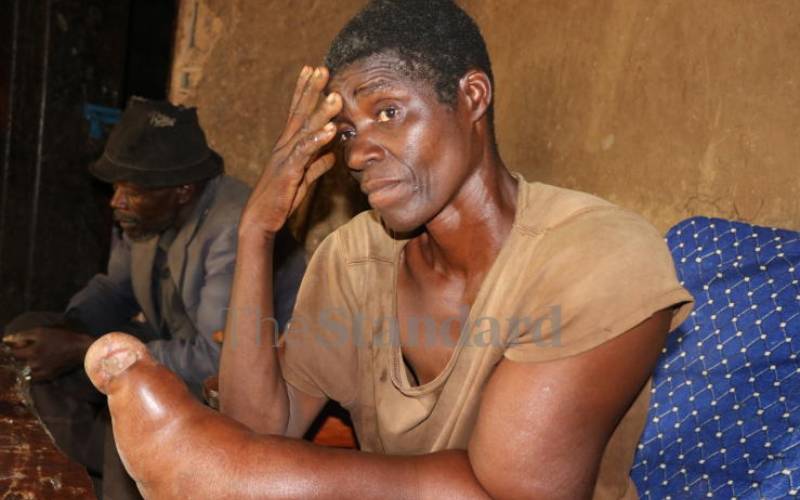×
The Standard e-Paper
Fearless, Trusted News

For Phyllis Keya, the saying that ‘bad things come in threes’ is not just a phrase, but the reality of her life.
When The Standard team visited her home in Bukura, she was tending to her small vegetable garden beside her house. Joseph Amutavi, her husband, was busy sweeping dried leaves from their compound.